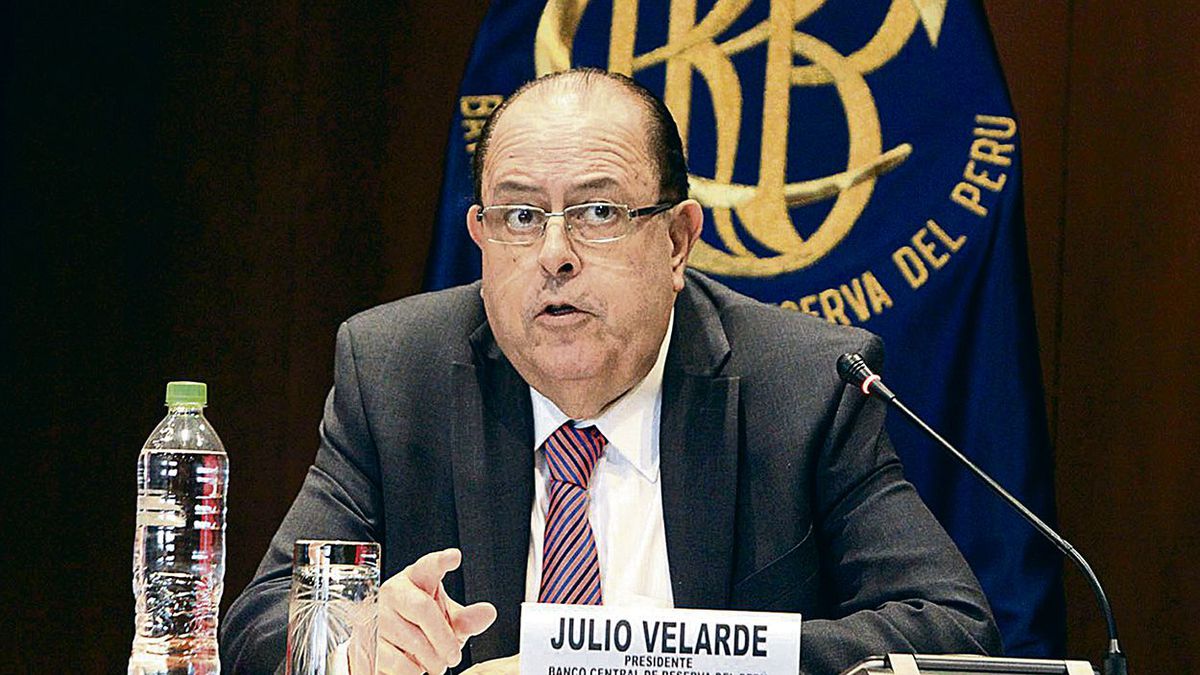RIO DE JANEIRO, BRAZIL – The Presidency of the Council of Ministers of Peru said on Tuesday that it signed the resolutions ratifying Julio Velarde as president of the Central Reserve Bank in a decision expected by the market and economic agents in the world’s second-largest copper producer.
Velarde’s ratification resolution must be made official with the president’s signature, Pedro Castillo, who had proposed the banker for the position. Then the Congress, where the majority of legislators approve this appointment, must also approve it.
Read also: Check out our coverage on Peru
In a message on Twitter, the council of ministers led by Prime Minister Guido Bellido, leader of the ruling far-left Peru Libre party, stated that the office signed Velarde’s ratification on Friday, October 1, together with three other proposals for members of the central bank’s board of directors.

The signed resolutions “were sent to the president’s office for their corresponding processing”, he said, amid speculation in the local press about the delay in the ratification of the respected banker Velarde, 69 years old.
Velarde has been in office since 2006 and has served three terms in office. His term was due to expire along with the five-year presidential term at the end of July.
The central bank’s board comprises seven members, four of whom – including its president – are appointed by the government, and the rest by Congress.
Since Castillo emerged in the polls and won the presidential election, the Lima Stock Exchange and the Peruvian currency, the sol, have been hit by uncertainty over fears of a radical change in the economy.
According to analysts, Velarde and the moderate Economic Minister, Pedro Francke, could balance local monetary and fiscal policy when the country is recovering from the adverse effects of the coronavirus pandemic.

